
For Muslims in the Global South, American hostility began in 1979
if anyone wonders why America has backed off so far (and beyond) from responding to humanitarian catastrophes presented as security operations, against the Tamils in Sri Lanka, the Rohingya in Myanmar, and the Palestinians in Gaza, then they do not understand the structure of the contemporary world, as it has grown up since 1979.
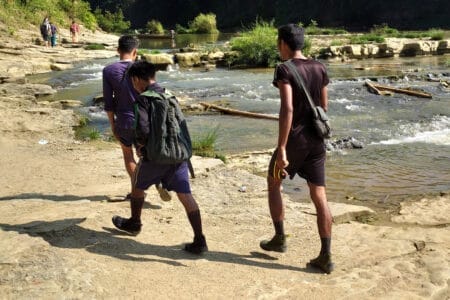
The Arakan Army and a “Divided Myanmar”
The spectre of a divided Myanmar is often raised, both out of a genuine fear of the consequences for everyday people or the admitted complications it would raise for international security or out of a less scrupulous desire to maintain the status quo or to challenge it out of self-interest.
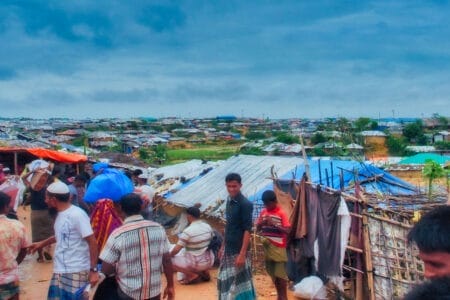
Perpetual Systematic Violence and Perennial Violence in the Muslim Crescent: Palestinians, Bangladeshis, and Rohingyas
"If you want to see where the main state and human security threats in the future will be, look at the Muslim crescent, not the South China Sea."
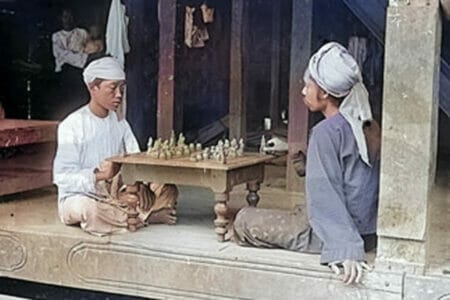
How Many Burmas Is Enough? Sidelining Western Imaginaries for Understanding Burma is an Important Step, But Competing Indigenous Imaginaries Also Present Problems
Can Area Studies move beyond the Burman, Burmese-speaking, Buddhist imaginary to understand the country through other indigenous perspectives?
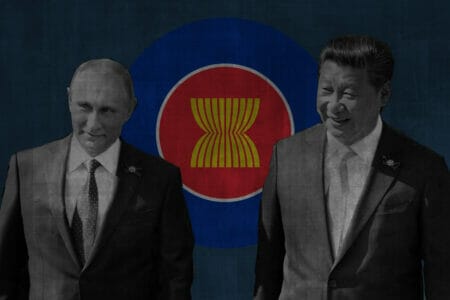
How is the Russian Invasion of the Ukraine Impacting Asia and its Future?
There may be darker clouds ahead for the US in Asia. In the long run, Putin, like Hitler, could be responsible for the emergence of a new geopolitical order on a global scale in which the US place in Asia is less welcome than it once was.
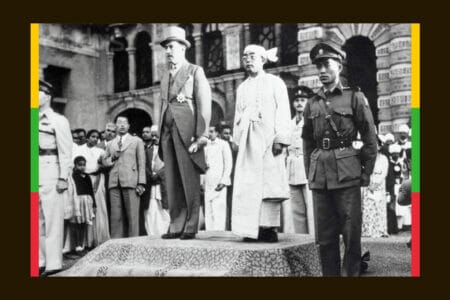
The Violent Legacies in Myanmar of Colonial Knowledge and Area Studies
A major problem standing in the way of progress of what should be a joint front is that academics have clung to the myth that academics are observers, not participants, and that they should stand beyond politics. Unfortunately, in the Area Studies of the American and the British Academies, the 'discipline IS political'. Our disciplines have emerged from the colonial period as tools of empire and were preserved after the...

Ignoring Global Realities? Western Governments need to invest in Asian Studies in their Universities
The West had a very long run forcing other societies to respect its supremacy, wear its clothes and adopt its manners, not to mention its languages, values, and even its laws. Yet Asian Studies centres are no longer a monopoly of the West but are now increasingly centred, where they are funded much more richly, by their own governments.

State-Think and the Problem with University Education in Post-Colonial Societies
This closing up of genuine intellectual counter-spaces marks the critical moment when universities go from saying this is what the state wishes to teach you, to this is what the state limits your understanding to be. And they cancel the contracts for books, reject inviting talks by scholars, and ignore work that shows a different way to view one or another of the societies in the region.

The Misuses of Histories and Historiography by the state in Myanmar: The Case of Rakhine and Rohingya
Some look to find solutions in holding Myanmar to account through international law regarding what the Myanmar military has done to Rohingya. That is what they can do. I am not a lawyer, but a historian. When I look at Myanmar, I am trying to unravel the ways in which religious haters in the country misuse history to legitimate what they do.
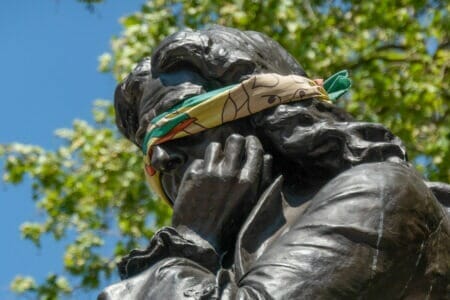
How Racist is your Engagement with Burma Studies?
If you are genuinely interested in shaping a new field so that it is balanced and fully engages with the Burmese, all Burmese, both men and women, then ask yourself, how racist is YOUR engagement with the field. If you are not interested in this question, you are part of the reason structural racism thrives in the academy.

